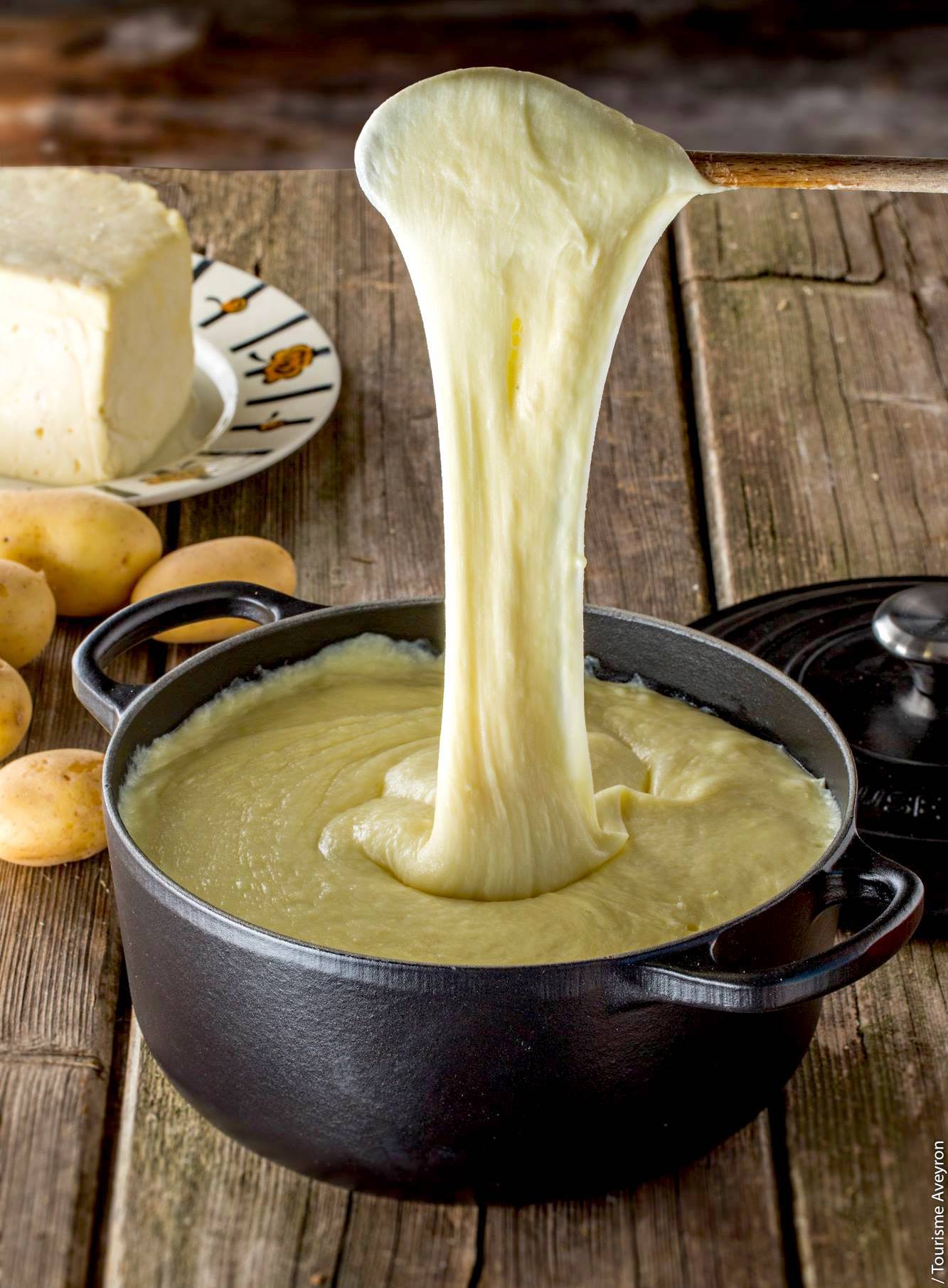Thanks. I'm no wizard. To answer your other question about mothers and grandmothers passing down knowledge and skills, I'm just the result of what happens if you stick around in the kitchen with Grandma learning all of her secrets for about 17 years (age 8 to 25).
On the topic of transmission of culinary knowledge generationally, it was actually the foundation of French cuisine in Lyon, France. Lyon is regarded as the gastronomic capital of the world. Most of the greatest French chefs are from the area around Lyon: Fernand Point, Paul Bocuse, Daniel Boulud, Alain Chapel, The Troisgros Brothers, etc., etc. The list goes on endlessly. What a lot of people don't know is that most of these great, famous male chefs were taught to cook by "Les Meres".
In the 19th and early 20th centuries, the Lyon restaurant scene was dominated by former domestic cooks from the homes of the rich and powerful. These domestic cooks were typically matronly women from poor agricultural backgrounds that went into service as a way of improving their lot. They would cook based on what they learned on the farm and what was passed down to them by head cooks under which they apprenticed.
Restaurants are a relatively recent invention European society. After the French Revolution, with the rise of restaurants, a lot of these matronly figures struck out on their own and opened restaurants. They became known as Les Meres Lyonnaises (the "Mother of Lyon"). The most famous of which is La Mere Brazier. When the Michelin Guide was invented in the 1930s, she was one of the first chefs to be awarded 3 stars (the top award) for her restaurant. She opened another restaurant and it received the same top award. Her restaurants held that top ranking for over thirty years, when she was nearing retirement. For almost 50 years, it was a feat no other chef matched that achievement.







 I'm sure it's delicious, though.
I'm sure it's delicious, though.
